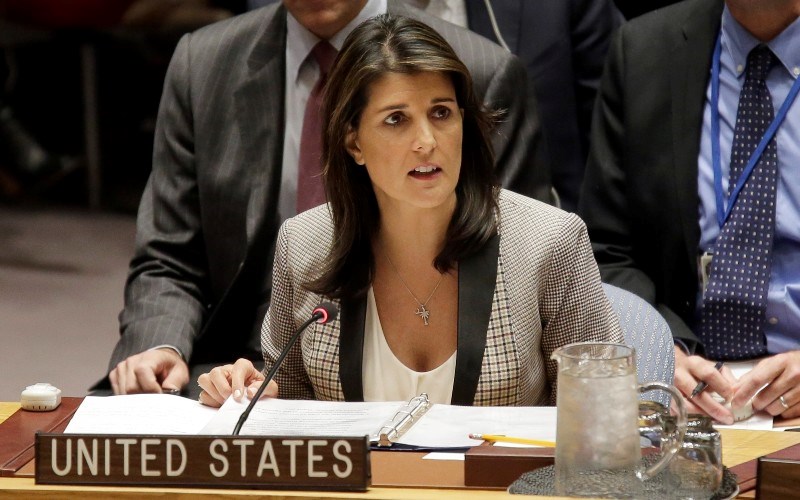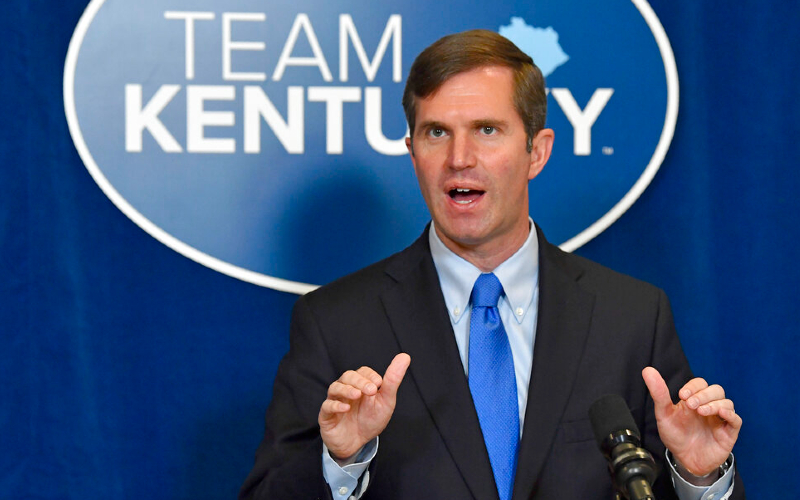The former South Carolina governor and U.N. ambassador was one of the most vocal critics of Donald Trump during Wednesday night's Republican primary debate in Milwaukee. She was met with jeers when she claimed Trump's low likability numbers outside the GOP would hand Democrats the 2024 election. And despite the former president polling at more than 55% among GOP voters, she described Trump as "the most disliked politician in America." Haley trails far back, in fifth place with just over 3% support.
Gary Bauer, chairman of the Campaign for Working Families and a Trump supporter, wonders if loyalty means anything to Haley.
"[She] gladly accepted the appointment of Donald Trump to represent the United States at the United Nations. Nikki Haley did not do anything at the United Nations that Donald Trump hadn't told her to do," he emphasizes. "She was following Donald Trump's directions every speech she made at the United Nations."

Yet, as Bauer notes, Haley seems to be taking credit for "all the big things" she accomplished and how "tough" she was in that role.
"She was simply following the international policies of Donald Trump," he argues. "And now in this country the criminalization of the candidate – and even his attorneys – by a neo-Marxist Democrat party gets [her] to essentially side with the neo-Marxist Democrat party."
In contrast to Bauer's take, the editor-in-chief of the Washington Examiner argues Haley won the night when she denounced fellow GOP candidate Vivek Ramaswamy, arguing his plans would make America "weak" and that his lack of foreign policy experience was clear to see.
"[Haley] needs to sustain her new persona," suggests Hugo Gurdon, "not just confident but dynamic, for only this will advance her from her lowly position in polls."
Still, Gurdon's optimism following her debate performance may be short-lived, as noted in his column's title: "Nikki Haley won, but will it matter?"







